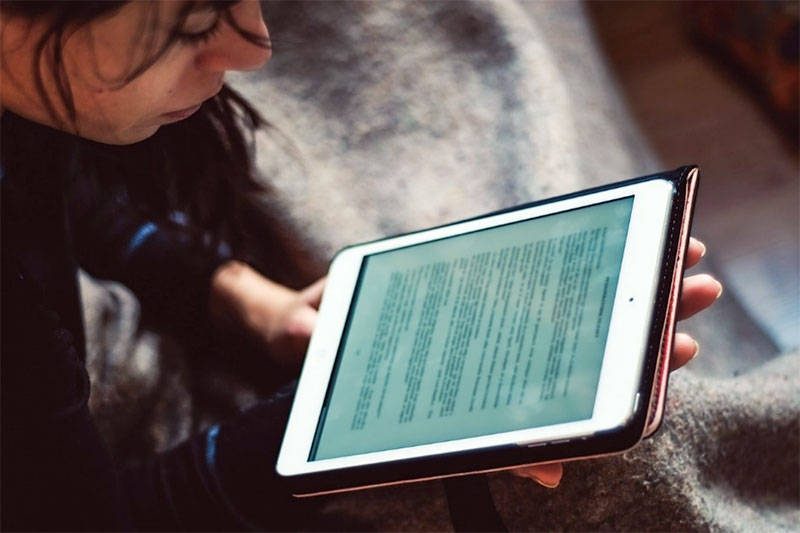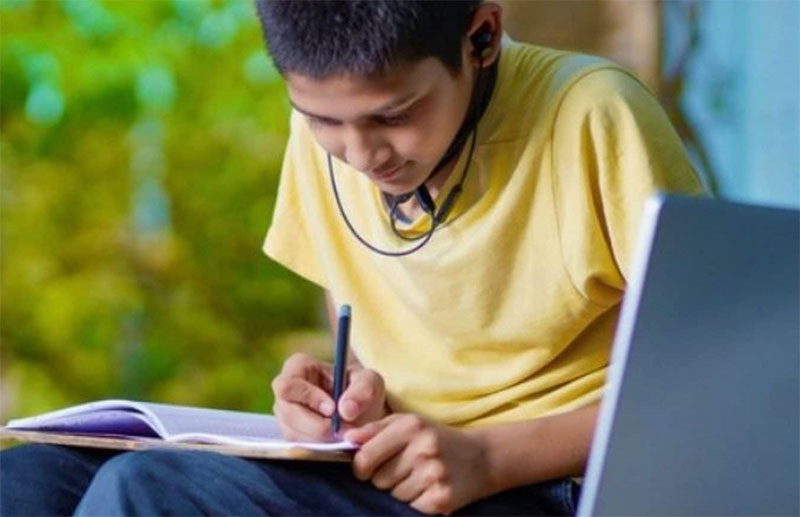Expert Hubs 2021: the circular economy
28 October 2021

As geo-political issues emerge, government tenders for IT device procurement in India are being awarded to new local entrants in the PC space.
The Gujarat State government in India recently fielded a tender for close to 350,000 tablets for its NAMO Tablet Yojana scheme. This scheme offers tablets to students that clear Class 12 exams and pursue degree or diploma courses in Gujarat at a subsidized cost of INR1,000 (US$15). In terms of tender value, this is one of the largest tenders to be floated, comparable to the 2019 ELCOT program that ran in Tamil Nadu. This NAMO tender was won by local vendor Lava International, signaling a shift in government decision-making, which is clearly prioritizing Indian firms that have a strong focus on “Make in India”. The tender value is estimated to be higher than INR200 crore (US$27 million) per year.
The NAMO Tablet Yojana deal is not new. The scheme was piloted in 2017 and is now in its fifth year. In 2017, the deal was shared between Acer and Lenovo, where Acer provided a larger share of 180,000 tablets. Quality issues and student complaints eventually led to the dropping of Acer from future tenders, and hence Lenovo went on to be the sole provider in 2018 and 2019. While the tender for 2020 was issued in Q1, it was put on hold indefinitely due to COVID-19. As the country emerged from the pandemic, it encountered a new geo-political scenario, which heavily altered the business dynamics in the country, especially for Chinese brands such as Lenovo. With Lenovo pushed down the list of preferred partners, the tenders were issued four times before generating a good response under Make-in-India and anti-China clauses.

It is not unusual for countries to prefer local vendors for public welfare schemes. The success of Huawei in China, Positivo in Brazil, LG and Samsung in Korea, and Fujitsu in Japan is largely attributed to the companies’ local roots. But these are big, established vendors with strong PC backgrounds, as opposed to Indian vendors such as Lava or Micromax. Lava has a chance here to ensure that it keeps to its promise of quality, comparable to Lenovo or Acer, to seal a longer-term future in devices. With its smartphone business vanishing, it could find a niche in PCs and tablets, especially in education.
Vendors looking to make a mark on the local education landscape, especially through government purchasing, must therefore be mindful of a few rules. First, ensure that devices are made in India to the highest degree possible. And second, partner with local partners, OEMs or even resellers to boost relationships with the participating sector. As the country undergoes accelerated digital transformations in the face of the pandemic, device procurement will grow and this will indirectly benefit local vendors, which definitely need a lifesaver after their smartphone businesses have been overrun by the newly arrived Chinese brands.